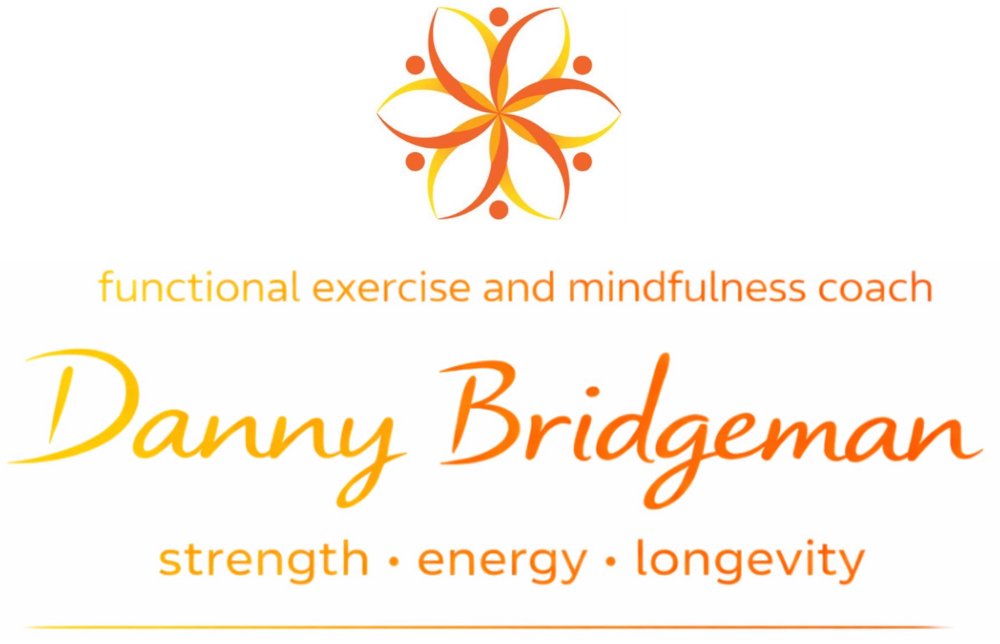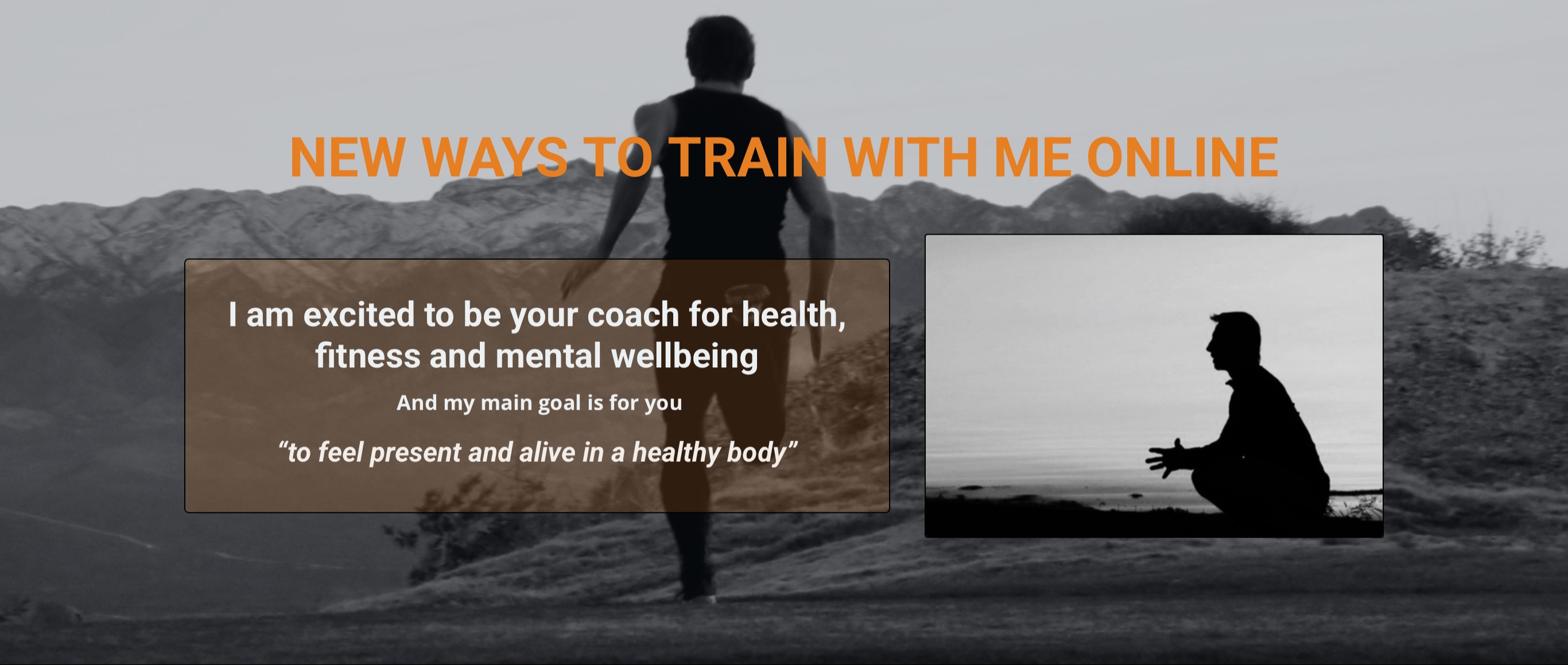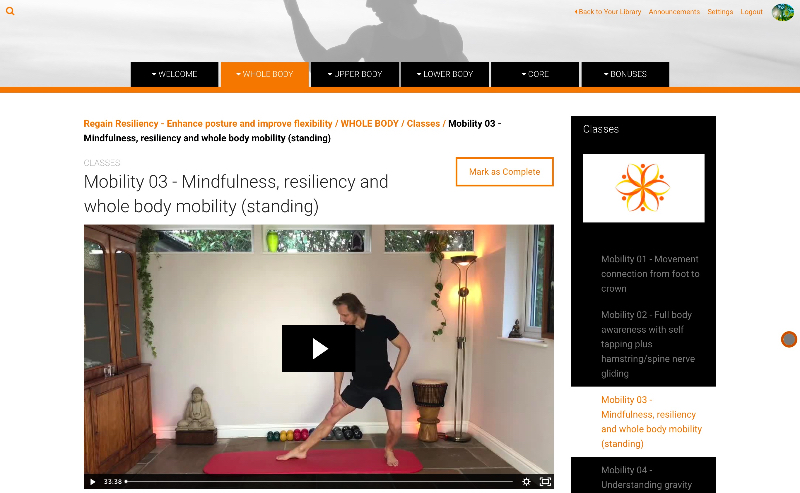The short but significant journey from sitting to standing
Please note the above video and ‘what to buy’ links below
But, I think it best to read the notes first!
It’s not new information that a sedentary lifestyle has been tied to a host of common illness such as obesity, insulin resistance, diabetes, trouble with veins, cardiovascular disease, poor posture and low back/neck pain. And mental conditions too such as anxiety and depression.
And, a few years back, there were headlines going around that suggested that ‘prolonged sitting is the new smoking’. In other words, being sedentary is associated with poor health outcomes. Now, the smoking comparison might sound extreme but maybe there really is more to all this.
Get up - stand up
The short antidote is to get up more frequently. Whether you’re watching TV, doing desk work, hobbies/crafts, reading or listening to a podcast, simply get out of that comfy position and walk around the house/garden for a few minutes.
The only exception is while eating and sitting becomes a must
(yes even for smoothies)!
But otherwise, if an hour has gone by and you’ve not moved, be sure to set an alarm for that walk or to at least stand up and enjoy a ‘snack’ stretch or two.
And, it’s even been shown that doing a few lower leg exercises (such as heel raises) while still seated can have a positive effect on blood sugar levels.
So, the first step is to get up from chairs more often, but let’s not stop there… you need to move yourself off the spot too. This could be to commit to a full 40 minute Dojiva Mobility class. However a leisurely walk, some light gardening, a standing routine of gentle yoga or even just a few balance exercises will do.
Think of movement like a little inner hydration to moisten what’s stiff and brittle.
Taking a break up the sitting can also help:
- Improve posture
- Mobilise joints
- Nourish your muscles and connective tissues
- Help with digestion and breathing
- Stimulate your fluid systems (blood, lymph, synovial, disc gel, etc).
- Improve focus and mood
But what about how to stand well when using a computer?
This is key and although slightly less sedentary than sitting, it is of course possible to stand with terrible posture. And whether you’re up or down, poor posture can reduce your breath capacity and productivity while creating all sorts of imbalances and physical stresses throughout your body.
Standing poorly looks a bit like this:
- A wide, parallel stance
- Weight centred back over the heels
- Locked knees
- Hips/pelvis pushed forward
- Ribs pushed back
- Sloping shoulders
- Head/neck poking forward
- Eyes and brow straining
OK, here’s a perfect time to get interactive!
If not already, why not stand up, re-read that list and try it out?
Close your eyes and feel your body for 30 seconds.
What did you discover? You might have noticed that your hip flexors are tight, your pelvic floor is narrow, your lower spine feels jammed and that your glutes and low back muscles go slack (they feel loose if you palpate).
Let’s shake that out and do the opposite. To stand well; try this…
- Narrow your stance so that you feet are under your hip joints
- Hinge at your ankle joints one or two degrees
- Soften your locked knees to a tiny bend
- Hip hinge back and forth a few times to find the middle (hips directly below pelvis)
- Sense natural spinal curves in tact
- Soften your shoulders
- Notice now that the front of your ribs are above your forefeet
- Head and neck nicely resting on ribs and torso and…
- Expression relaxed
- Lastly, is your screen at eye level?
Now, doesn’t that feel better? I for sure feel quite buoyant from here. If you’re not sure, contrast this with the above ‘bad’ posture again!
But the story doesn’t end there
With this week’s video, you will see how good alignment is simply a base from which to move. And whether typing on a keyboard, reading the screen or watching something, I recommend subtle movement. And this can be as simple as a weight transfer from side to side and front to back. This sets up you for the efficiency of a staggered stance, occasionally alternating from one foot to the other. For details on this, please play the above video.
One more thing to consider
As always, there is a counter to the ‘get up and move more’ argument. If you fall into the category of people who rush around all day long and only sit to collapse in front of the box at night, then it might serve you better to use a regular seated desk set up. Just be sure to sit well.
Summary
Taking regular breaks to stand, re-align and move, can help counteract the negative effects of prolonged sitting. To help, you may need to purchase a desk raiser (click here for a lap top/tablet sample) - (click here or here for large desk top samples).
Thanks for reading
Take care
Danny
To access all Dojiva classes, start the 10 day trail - click here




